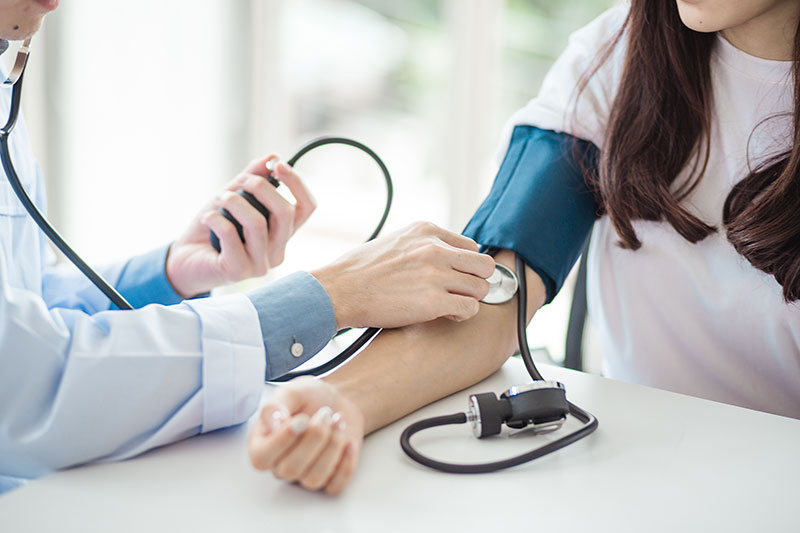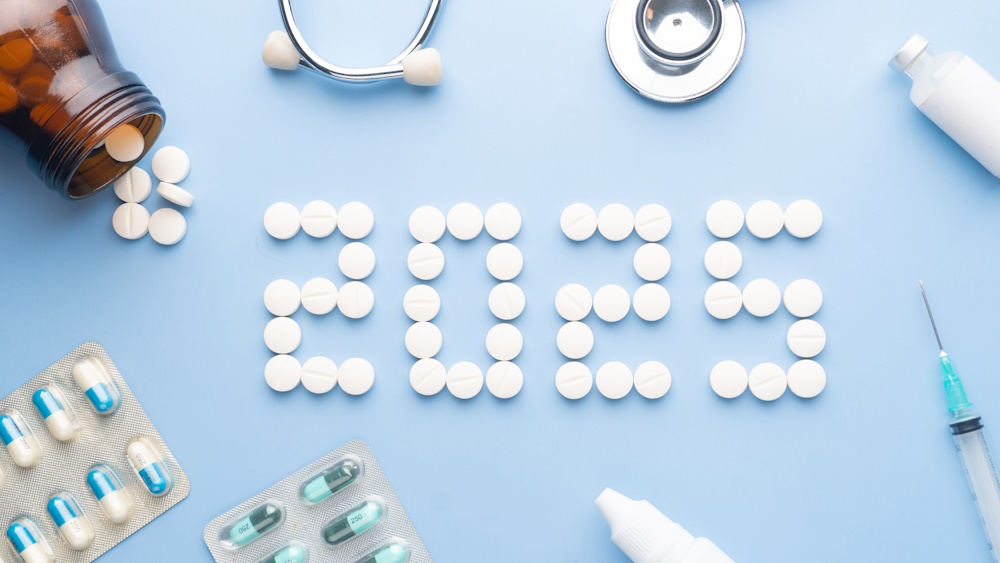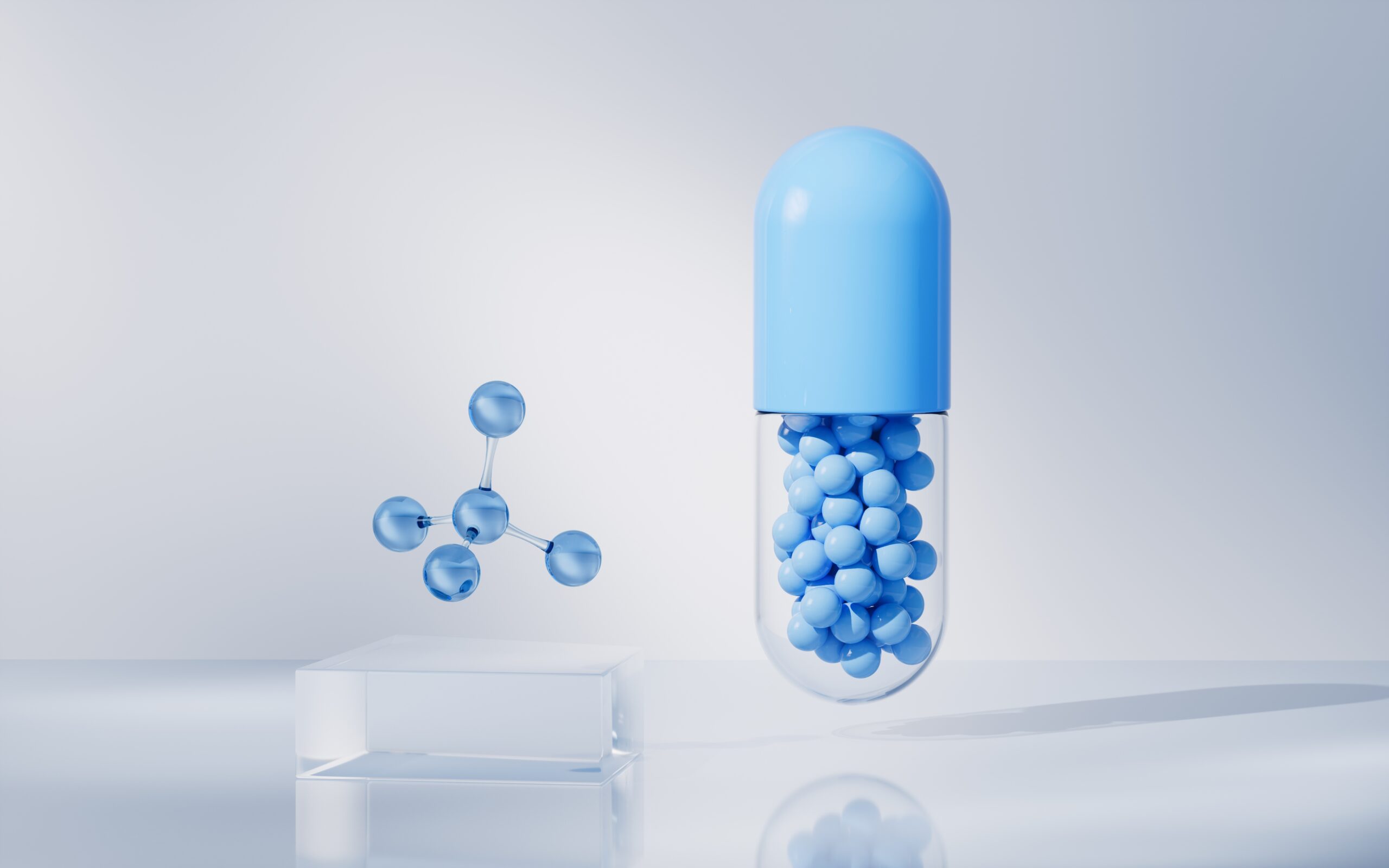
Cold Medicine And High Blood Pressure
If you have high blood pressure and a cold, stop before you reach for the cold medicine. Many over-the-counter cold remedies can be dangerous for people with high blood pressure because most of them contain decongestants and NSAIDs.
NSAIDs are used to reduce pain and decongestants help clear your stuffy nose, but these two substances can pose the most significant risk to those of us with high blood pressure. Decongestants are designed to narrow the blood vessels in your nose and reduce swelling, which is excellent for your stuffy nose, but not so great for the rest of your body. By narrowing your blood vessels, decongestants increase your blood pressure. They can also increase your heart rate and may even stop your blood pressure medicine from working.
So, if you have high blood pressure and a cold, what do you do?
- Choose a cold medicine designed for people who have high blood pressure. Some cold medicines, such as Coricidin HBP, don’t contain decongestants. However, these medications may include other potent drugs, such as dextromethorphan, that can be dangerous if you take too much, so follow the dosing instructions carefully, and ask your pharmacist.
- Take a pain reliever to relieve a fever, sore throat, headache, or body aches. Try aspirin or Tylenol (acetaminophen). Avoid NSAID pain relievers such as ibuprofen.
- Use the saline nasal spray to relieve nasal congestion. The spray can help flush your sinuses and help you feel less stuffy.
- Soothe your throat by gargling with warm salt water or drink warm water with lemon juice and honey.
- Drink plenty of fluids. Water, juice, tea, and soup can help clear your lungs of congestion.
- Increase the humidity in your home. Use a cool-mist humidifier or vaporizer to moisten the air, which may ease congestion and coughing.
- Get plenty of rest. If you’re not feeling well, take it easy. Call your doctor if your symptoms get worse or last more than ten days.
*This article is not to be considered or intended to substitute for medical advice. Please contact your doctor or our pharmacists for more information about your particular situation.
0








